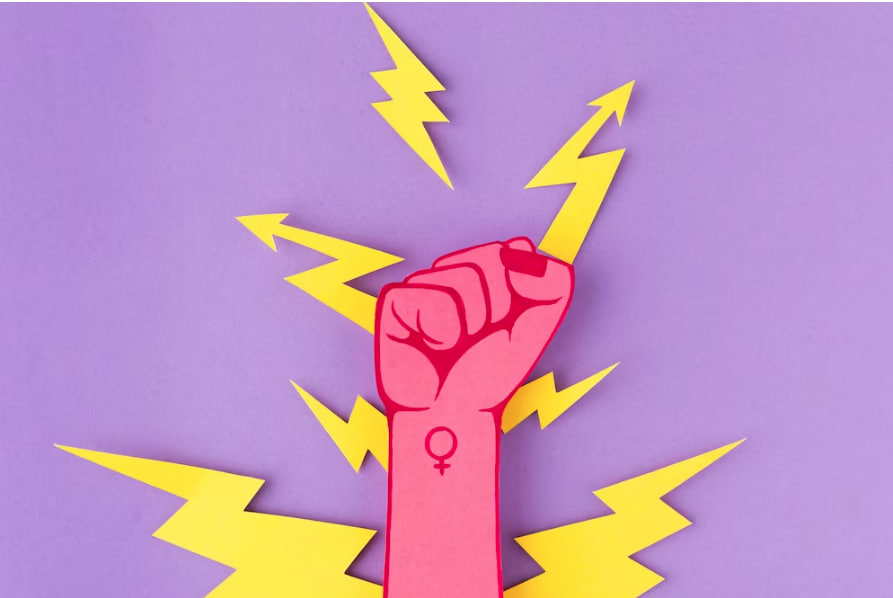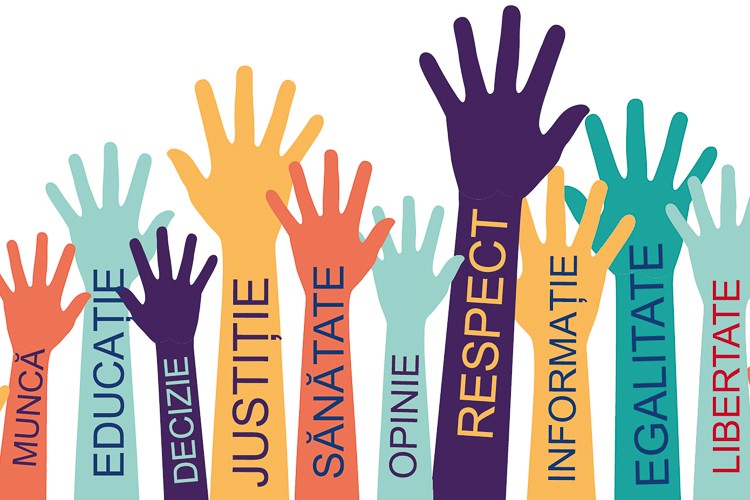Fifty years after its adoption, the Universal Declaration of Human Rights has become the sacred text of what Elie Wiesel called “the universal secular religion.
UN Secretary General Kofi Annan has called the Declaration “a yardstick by which to measure human progress,” and Nobel literature laureate Nadine Gordimer considers it “the most important document, the fundamental foundation, the credo of humanity that brings together all the other sets of rules governing human behavior.
Human rights have become the central creed of a secular culture that sometimes feels as if it believes in nothing else. Just as English has become the lingua franca of the global economy, human rights ideology has become the lingua franca of global ethical thought. The question I would like to pose about all this rhetoric is this: if human rights are a set of beliefs, then what does it mean to believe in them? Would such a belief be akin to a religious belief? Or is it something fundamentally different?
By falling into such a delusion, we turn human rights into an object of idolatry: it is as if humanism worships itself. Perhaps attributing moral and metaphysical overtones to human rights is intended to reinforce their universal significance. But in fact, this line has the opposite effect: it raises doubts in the ranks of religious groups that have no need for any Western credo.
Of course, it would be tempting to derive the idea of human rights from such assumptions as these: all human beings have an inherently given or natural dignity, all human beings have an inalienable intrinsic value, every human being is sacred. The problem, however, is that these kinds of postulates are not very clear and very contradictory. They are not clear because they substitute the real men and women we encounter empirically for the ideal men and women we would like to see. Sometimes men and women behave with amazing dignity. But it does not follow that all human beings have this intrinsic dignity or the ability to demonstrate it. It is precisely because these ideas of dignity, value and sanctity substitute for what is proper that they are contradictory, and because they are contradictory, they most often do harm rather than good for the cause of human rights.



